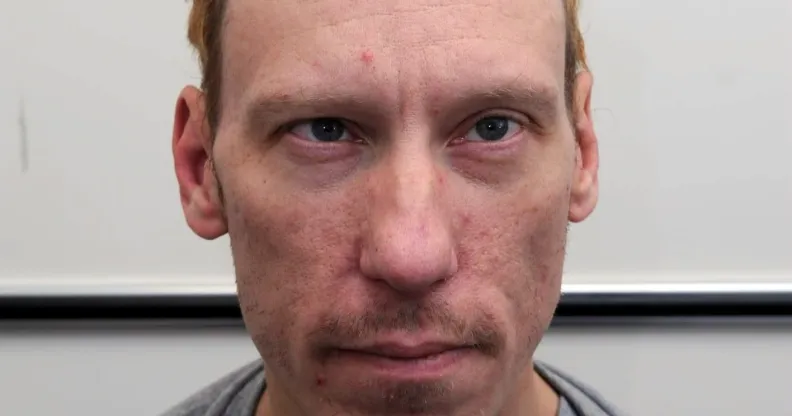Police failings in case of Grindr serial killer Stephen Port ‘probably’ led to more deaths

Stephen Port killed four young gay men between June 2014 and September 2015.(Metropolitan Police)
A jury has ruled that there were police “failures” in investigating Grindr serial killer Stephen Port’s crimes and, had they been avoided, some of his victims may still be alive.
On Friday (10 December), an inquest assessing the competency of the Met Police in investigating the murders of his four victims – Anthony Walgate, Gabriel Kovari, and Daniel Whitworth, and Jack Taylor – finally came to its conclusion.
The jury, having been presented with extensive evidence over the last for 10 weeks, said there were “failures which cannot be overlooked” when it came to police handling of the investigation.
Walgate was discovered dead outside Port’s house on 19 June 2014 after Port himself called the police, claiming he had found the 23-year-old in the street upon returning home.
Eventually, Stephen Port was convicted of perverting the course of justice when it was revealed that he had hired Walgate as a sex worker, but the death was not treated as suspicious.
At the time, police confiscated Port’s laptop and took his DNA. It was later revealed that Walgate had died from a fatal dose of the date rape drug GHB.
The jury said: “We believe that there were fundamental failings in these investigations from the beginning, which we think were at a basic level, which implicitly impacted the investigation at its starting point.”
They added: “The fact that basic lines of inquiry were not followed lead to inadequate investigation, and ultimately left questions unanswered.
“Even after this many opportunities presented themselves to track back and correct objectives missing. This was not conducted.”
Stephen Port went on to murder three further victims, all using GHB, but it took until after the death of the fourth young, gay man for police to treat the deaths as suspicious and connected.
The jury was asked by judge Sarah Munro QC whether the fact that police did not conduct checks on Stephen Port in the police national database (PND) “probably contributed to the death” of Ports three further victims. The jury answered: “Yes.”
Asked if there were “any omissions or failures in the investigation into Anthony Walgate’s death” conducted by both the SC&O1 [the Specialist Crime and Operations Directorate for investigating homicide] and borough officers that may have contributed to the death” of the three victims, the jury again answered: “Yes.”
Police ‘missed opportunities’ and ‘allowed’ Stephen Port to continue his killing spree
Jurors said: “We would like to state we have appreciation for the evidence that has come forward regarding certain pressures, the borough officers were under at the time.
“We do have agreement that the officers in all ranks within the department, be it substantive, acting or temporary were under a heavy workload which led to certain mistakes in the investigation.
“We have agreed that no one attached to the case had sufficient time to look at the investigation in depth… which allowed a complete breakdown of oversight of the investigation.
“We the jury have still despite decided despite the above factors, that there were failures which cannot be overlooked, which ultimately allowed for missed opportunities, which in turn allowed [Stephen Port] to continue his acts towards subsequent victims.”
Munro said she “will be producing a report with a view to preventing future deaths”, and told the families of Port’s victims that she hoped the inquests had provided them with some “answers”.

